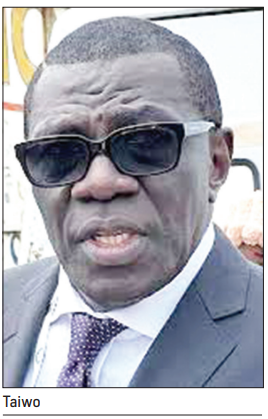A retired Judge of the Federal High Court, Justice Taiwo O. Taiwo, has expressed deep concern over the ongoing human rights violations in Nigeria, stressing that despite outward appearances of freedom, true liberty remains out of reach for many Nigerians.
He attributed this to the erosion of the rule of law, which he described as the essential cornerstone of human rights protection. In a media chat, Justice Taiwo noted that without the rule of law, there cannot be a level playing field for human rights.
While acknowledging the judiciary’s efforts to protect human rights, Justice Taiwo criticized the frequent delays in bail applications, calling them unjustifiable.
He emphasized that no offence should be deemed non-bailable and urged judges to act swiftly in granting bail. “Denying bail initially means denying the fundamental rights of the accused,” he stated.
Drawing comparisons between the current democratic regime and military governments in Nigeria, he argued that, in some respects, human rights were better respected under military rule due to its clear, authoritarian structure, whereas the present democratic system suffers from rampant abuses and the failure to comply with court rulings.
The retired judge also advocated for the decriminalization of libel, suggesting that it should remain a civil matter.
He condemned the misuse of libel laws, especially against journalists and activists, warning that criminalizing libel could pave the way for dictatorial practices in the country.
Justice Taiwo also threw his weight behind the call by some stakeholders in the justice sector for the separation of the offices of the Attorney General of the Federation and Minister of Justice, criticizing the political influence over many attorneys general.
He stressed that the Attorney General’s primary allegiance should be to the Constitution and the public interest, not political parties or power structures.
On the recent increase in judicial officers’ salaries, Justice Taiwo expressed gratitude to the Federal Government, but lamented the exclusion of retired judges from the adjustment.
He pointed out the inadequate pensions for retired judicial officers and called on the government to address this disparity.
Furthermore, he highlighted the urgent need for improved court infrastructure, modernized tools, and better health insurance for judges.
Justice Taiwo however called for comprehensive judicial reforms that would prioritize judicial welfare, enhance courtroom modernization, and restore a strong commitment to the rule of law.
He expressed hope that ongoing efforts by the National Judicial Council (NJC) would lead to positive changes for both serving and retired judges.















